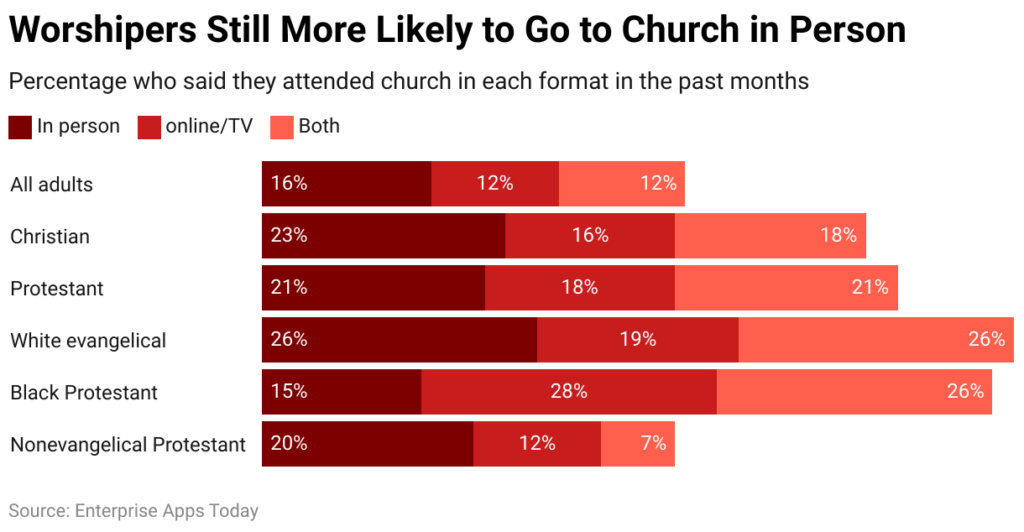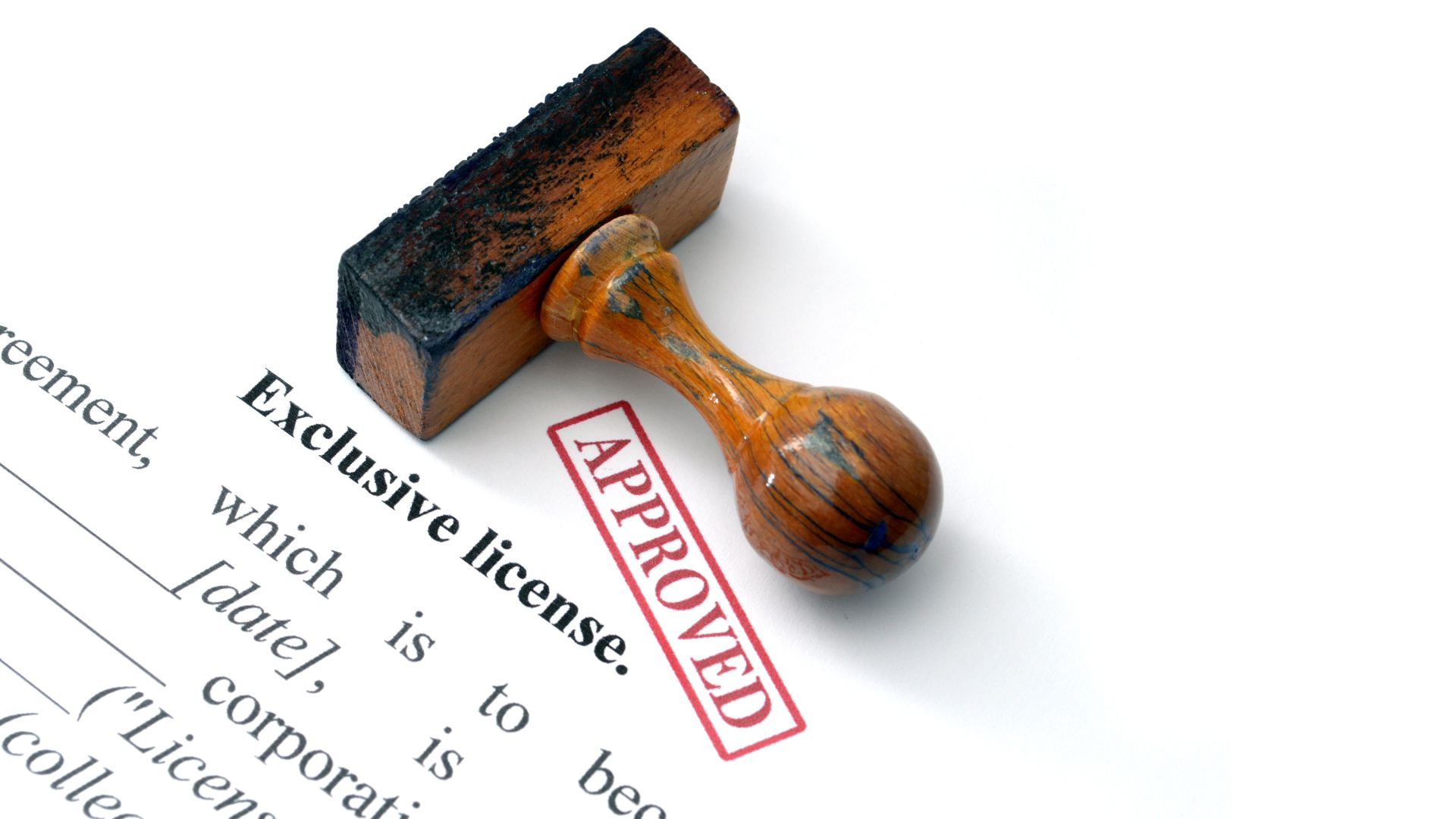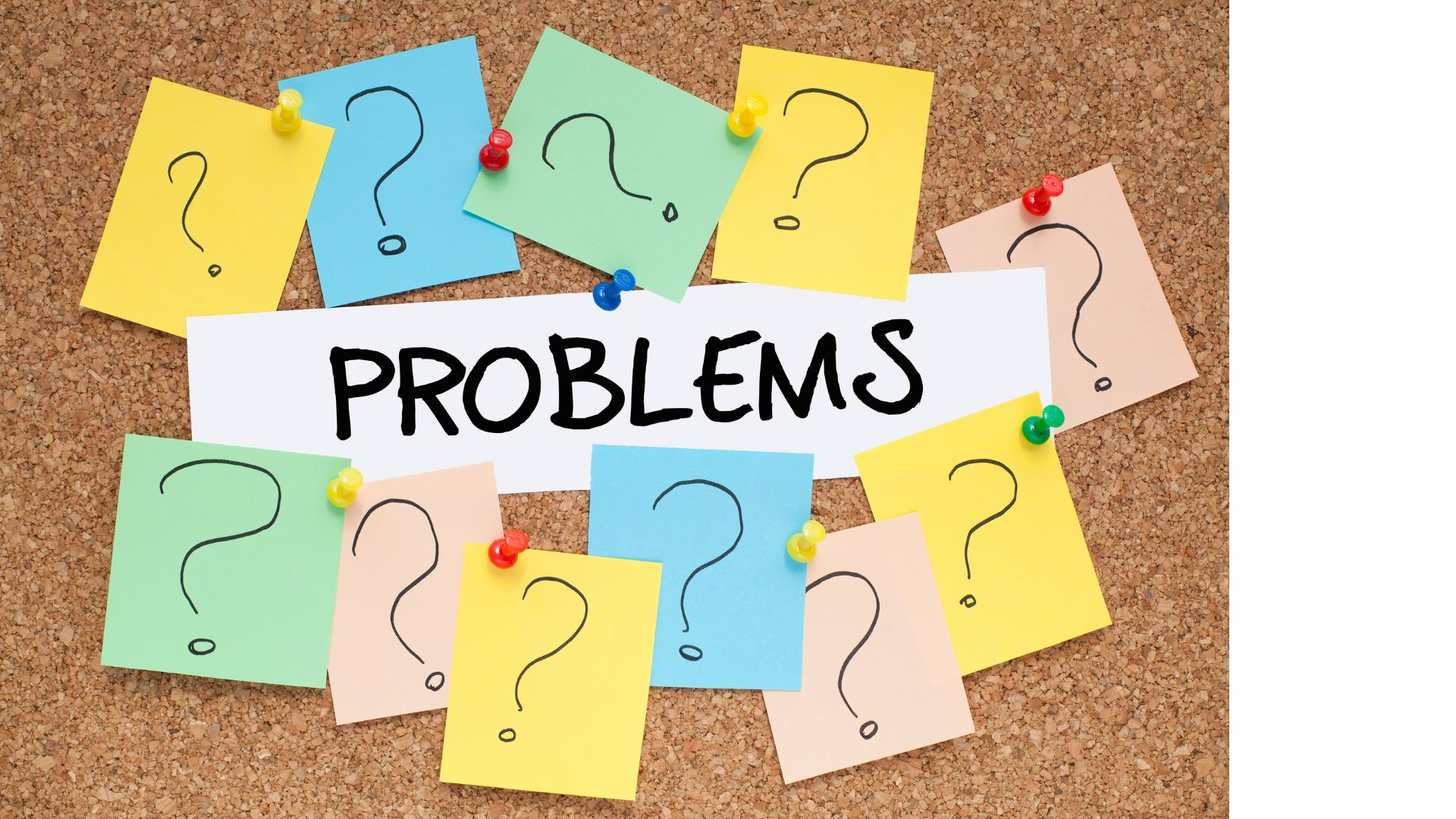Now more than ever, it is becoming a requirement for churches to live stream their services. With so many people accessing church online these days, a streaming license for churches is essential in gaining and keeping members.
In this guide, we will give you the ultimate overview to cover everything you need to know about livestreaming. We will cover best practices and tips and tricks, as well as all the legal information you need to know. If you are streaming worship services, there are some hoops you have to jump through if you want to adhere to the law.
Let’s dive in and get into everything you need to know about livestreaming church music.
Estimated reading time: 1 minute
Table of contents
Livestreaming Overview

These days, it seems like every church live streams their services now. In a post-pandemic world, live streaming church has become sort of a necessity. According to Enterprise Apps Today, 34% of Christians watch church online or both attend church and do online.

When you live stream a church service, you are also live streaming your worship music. Whether you play music for a worship set or for background music, you are broadcasting copyrighted music, and that’s comes with a lot.
We’ll get into all the legal and copyright information you need to know in the later sections. For now, we’d like to start by giving you a run-down on streaming your worship services. It’s important to know how to stream before we get into all the niddy-griddy live streaming solutions.
Let’s dive in so we can start streaming.
Setting Up a Livestream Worship Service
Church streaming requires meticulous attention to detail in setting up the technological infrastructure and designing a dedicated space that enhances the overall worship experience for both physical and virtual congregations.
Choosing the Right Equipment and Technology
- Cameras and Microphones: Invest in high-quality cameras and microphones to ensure clear visuals and crisp audio. Consider factors such as resolution, low-light performance, and directional microphones to capture the nuances of musical performances. Don’t fret though, there is an extra live streaming solution or two if you need it. Many churches enhance their service when they stream master recordings, backing tracks, multitracks, or stems.
- Streaming Platforms: Select a reliable livestreaming platform that aligns with the church’s needs. Evaluate features, ease of use, and compatibility with your equipment. Platforms like YouTube, Facebook Live, or dedicated church streaming services offer different functionalities.
Creating a Dedicated Space for Livestreaming
- Acoustic Considerations: Optimize the acoustic environment to ensure the faithful reproduction of music. Use acoustic panels, curtains, or other materials to manage sound reflections and create a balanced audio experience.
- Lighting and Visual Aesthetics: Design the space with careful attention to lighting. Experiment with natural and artificial light to create a warm and inviting atmosphere. There are plenty of things you can do to make it look professional quality even if you don’t have the most expensive equipment.
- Technical Setup: Arrange cameras and microphones strategically to capture the entire worship space effectively. Ensure proper wiring and connections to avoid technical glitches during the livestream.
- Internet Connectivity: Establish a reliable internet connection with sufficient bandwidth for streaming high-quality video. Consider having a backup connection to prevent disruptions in case of network issues. You always want to make sure you have enough room in case anything happens. Technically, you should set things up so you can handle unlimited viewers.
- Testing Equipment: Before the live broadcast, conduct thorough tests of all equipment to identify and address any potential issues. This includes testing audio levels, camera angles, and the livestreaming platform’s functionality.
Engaging a Virtual Audience

Engaging the virtual church members is a pivotal aspect of live streams. By incorporating interactive elements and encouraging active involvement, churches can create a more enriching and immersive online service for those joining remotely.
Interactive Elements During the Livestream
- Live Chat and Comments: Utilize the live chat feature on livestreaming platforms to encourage real-time interaction. Acknowledge comments, answer questions, and facilitate conversations among virtual attendees.
- Virtual Prayer Requests and Community Announcements: Provide a platform for virtual members to submit prayer requests and community announcements.
Encouraging Audience Participation
- Involving Members in Readings/Reflections: Feature members of the congregation in readings, reflections, or testimonies during the service stream. This not only provides a personal touch but also showcases the varied voices and experiences within the community.
- Interactive Worship Elements: Integrate interactive worship elements, such as virtual hymnals or responsive readings, that prompt participation from the virtual audience. This helps bridge the gap between the physical and online worship experiences.
Ensuring Accessibility and Inclusivity
- Closed Captions and Subtitles: Make the livestream accessible to a broader audience by incorporating closed captions or subtitles. This ensures that individuals with hearing impairments can fully engage with the musical and spoken components of the service.
- Multilingual Options: Consider providing multilingual options for services, accommodating congregants from diverse linguistic backgrounds. This inclusive approach enhances the accessibility of the livestream to a global audience.
Copyright

With so many churches live streaming church music during their services, many might have overlooked the need for a special streaming license. The good news is it’s easy to obtain.
Even if your church already has a license for using and performing music during special events (like the CCLI streaming license), streaming usually isn’t covered.
Most artists, labels and services kind of let things slide during the pandemic. However, now that things are getting closer to normal, it’s time to learn exactly what you need to use music during your live stream legally.
Copyrighted Content Requires A License
Many of the worship songs used during your services are actually copyrighted content. This can include more modern hymns, the latest Christian music and even covers of these songs. This is what makes live streaming church music such a tricky issue.
For churches that already upload videos to YouTube or their own website, you might already have a license to use those songs. Typically, these licenses give you access to a catalog of music. Or, certain hymnals provide licenses that allow you to perform content from the hymnal and post it online or sell tickets for a live performance.
What you might not realize is these licenses rarely cover streaming. This wasn’t such a big issue until the pandemic hit and thousands of churches started live streaming for the first time. That’s when churches who had never even thought about copyrights before had to navigate the unique requirements of live streaming copyrighted content.
Of course, it’s not just music. Sermons that aren’t completely original may also require a license to use. If you derive content from many Bible translations and other books, your church may be required to have a license to use the sermon for both live streaming and on-demand videos.
Usually, you’ll see a copyright mark on any material. In books, this is typically near the front on those pages with all the fine print. For music, assume it’s copyrighted unless it specifically says it’s public domain music (more on that later).
What Makes Live Streaming An Issue
Generally, your church can use hymns and even modern Christian music without any real issues as long as it’s just within your church. It’s still a good idea to get a license for music just to be safe. After all, you never know if a member might post a video of the choir singing. Or, if your church hosts a fundraising event, you’re already covered for live performances.
Since you’re just showing a video of your church, what’s the big deal? Think of as the difference between singing songs together as a family at a reunion and performing covers of your favorite songs on YouTube. The first has a drastically limited audience.
The latter has a potentially global audience. Plus, people watching may also be giving to your church. While you’re technically a nonprofit, the live stream is still helping support your church financially.
Plus, a live stream can’t be taken down. A video that violates copyrights can easily be taken offline. But, unless a live stream is interrupted during the stream, any violations are already done and there isn’t any way to fix it.
Streaming License for Churches

A Streaming License Is Different
The license you may already have in place for public performances doesn’t cover streaming. It’s also a common misconception that the religious exemption pertaining to copyrights applies to live streaming church music. However, it doesn’t. In fact, the exemption only applies if the performance is at your church and not broadcast online, over the radio or on TV. This also means if you’re hosting a large gathering that’s not a worship service, such as a community picnic, you’ll need a license.
Most church music licenses don’t cover streaming by default. This requires a separate license that gives your church permission to transmit copyrighted music on your website, social media, local TV, radio stations and more.
Naturally, you have to pay close attention to your license. For example, a basic streaming license may give you the rights to live stream church music just on your church website and social media. You may also be restricted to using performances only versus using pre-recorded backing tracks or copyrighted background recordings.
So, if you already have a church music license, you’ll need to purchase an additional live streaming license.
Understanding Types Of Licenses
Typically, church music licenses are broken down into three main types:
- Standard use – Sharing and printing lyrics, recording audio/video of a live performance, creating custom arrangements, performing at church functions (other than worship services)
- Reproduction – Normally used for sharing recordings, including those made for rehearsal purposes
- Streaming – Live streaming, posting live recorded content, podcasts, etc.
Obviously, each license type and provider has their own fine print, so read carefully before buying anything so you know what’s covered. While you can purchase licenses just for a single song or set of songs, most churches find it easier and more cost effective to purchase a catalog license. Catalog licenses come in the three main types listed above, but give you access to tens and even hundreds of thousands of songs all for a single yearly fee.
Choosing A Licensing Provider

There are multiple licensing providers and catalogs to choose from. All of the following provide not only standard and reproduction, but live streaming licenses too:
- Christian Copyright Solutions – CCS offers PERFORMmusic for onsite (offline) music needs and WORSHIPcast for live streaming and online music needs. The extensive catalog includes over 28 million Christian and secular selections, making it ideal for most churches. Fees are based on your average attendance and start at $240/year for onsite and $265 for online.
- CCLI – CCLI is one of the more well known church music licensing services and offers offline, online and per song licenses. They have an awesome auto reporting system to make everything easier. Licenses cover over half a million songs from 3,000 major publishers. Pricing starts (1-24 average member attendance) at $66/year for offline, $69/year for online, and $95/year for rehearsal licenses. Prices increase based on attendance.
- One License – One License offers a variety of licensing options. A single yearly license provides access to all member publishers, which you can view on their website. Pricing starts (1-25 average member attendance) at $118/year with an additional $67 for streaming/podcasting. However, not all selections are available for streaming.
The good thing is you’re able to search for songs on all three providers before you purchase anything. Plus, all three are upfront with licensing details so you know exactly what is and isn’t covered. If you have any questions, contact the licensing provider to make sure you’re covered before you do anything.
Performance vs Background Music
It’s important to note that when live streaming church music there is a difference between a live performance and using backing tracks. Streaming licenses don’t always cover backing tracks. For instance, with CCLI, the basic streaming license doesn’t cover backing tracks, but the Streaming Plus license does.
In addition to backing tracks, you also need to be careful when simply playing songs in the background versus using a live choir. If your choir or church family actually performed the songs and you’re playing their recording, you’re fine. Otherwise, you need to ensure your license covers the original recordings in addition to performances.
You can get around the backing track issue by having a live band play the music for your members and choir. This is the easiest approach to ensure you’re still live streaming the music legally. You’ll likely want to invest in the right audio equipment to make sure everything sounds perfect, especially during the live stream.
Ensure Your Music Is Included In Your License(s)
While different catalogs offer different selections, you don’t want to have to buy licenses from multiple providers. Ideally, you should pick a provider that offers the majority of what your church would want to use. Always make use of the catalog search features from your provider to ensure your music is covered in the license.
You also need to check that individual songs don’t have any restrictions. For example, two contemporary Christian songs might be included in the same catalog, but come from two different publishers. Publisher A might allow an offline performance at a local park, but not allow streaming. Publisher B might not have any restrictions at all.
It can be tricky, but over time, you’ll be able to create lists of available music for church staff and your choir director to choose from. Consider creating a database listing all the songs you use. Then, you’re able to simply pick songs from your list versus needing to search each song individually every time on the provider’s catalog. You can also color code it based on any restrictions.
Avoiding Problems

Ask Members To Not Post Their Own Videos
Your church can post videos online, live stream on your church website and use streaming services like Facebook Live and YouTube Live. This is because your church owns the license.
Church members aren’t covered by your license. This means if they’re live streaming a service or special event on Facebook themselves, the member could be violating copyrights. YouTube actually breaks down licensing, especially when it comes to live performances. However, it’s best to ask members to only film services and events for their own personal uses versus posting online.
Benefits Of Public Domain And Royalty Free Music
If your church is on a tight budget and spending hundreds every year on music licensing sounds impossible, don’t worry. There is an alternative. While you won’t find the newest or most modern music, you’ll find plenty of hymns and some appropriate secular music as well. As a general guide, most music created before 1924 is public domain, but that’s not a hard and fast rule.
Some public domain music does require you to provide attribution and some doesn’t allow for commercial use. Lifewire provides a breakdown of six great public domain sites, including one with choral selections. Once you know a song’s available for public domain, you can create your own arrangements and use them freely.
Another option you might consider is royalty free. Despite the name, these songs aren’t free, though sometimes artists will offer certain songs for free. You get to use original creations with little to no restrictions as long as you have a license. Licenses for royalty-free music are usually much cheaper and give you more freedoms. ProChurchTools has an older list of options. While the sites still exist, pricing has increased slightly since.
Creating Your Own Music

If you want to get really creative, create your own church music. This is much more time consuming, but creating completely original music ensures you’re free to use it however you wish. Just make sure you’re not just creating new arrangements of an existing song, such as a slower version of a popular Christian anthem.
This approach does work well if you want background music while live streaming. If you have musically gifted members or staff, they may even be able to create original choral music. You could combine this approach and public domain to help save your church money.
Reasons Why Social Media Might Remove Your Videos
Even with proper licensing, some social media platforms may still remove your videos due to copyright infringement. This doesn’t mean your church did anything wrong. Sadly, social media doesn’t always ensure videos are posted legally before removing them. Before live streaming church music again or posting a video of your service or an event, contact the platform and let them know you do have the proper license.
If the platform still disagrees with you, start live streaming elsewhere, including on your own church website. See our list of sermon streaming companies to help you get started. You can also check out our live streaming guide for even more solutions.
Avoid Using Music Streaming Services
One thing to always remember is to avoid using music streaming services. Just because you can share Spotify playlists with the world doesn’t mean you can play them during your church’s live stream. Plus, you’d need to create lists that only include songs you have a license to use. Music streaming services are for personal use, though businesses can purchase special licenses to play music in their business, but not online.
Live Streaming Solutions

And there you have our Ultimate Guide to Livestreaming Church Music! Livestreaming has emerged as an indispensable tool, allowing churches to extend their reach beyond physical boundaries and connect with a global audience. As highlighted in this guide, the integration of high-quality audio and video production, along with thoughtful planning and execution, enhances the worship experience for online participants.
Moreover, we’ve emphasized the importance of adhering to the law and following copyright rules. There are a lot of confusing rules and laws you may not have known about, but we hope our guide was able to provide some clarity. There are also things to keep in mind regarding what your church members can and cannot do related to posting and social media.
Ultimately, we hope our Ultimate Guide serves as a valuable resource for pastors, church staffs, and tech teams alike, offering practical tips and best practices to elevate the livestreaming experience. We encourage you to live stream your worship services, create your own music, and more!
God bless you and your church in your livestreaming endeavors!
More On Church Streaming
Live streaming church music is a great way to make the worship experience even better for those who can’t attend in person. Find out how our church website design services can help you create the perfect platform for marketing and showing your live stream and videos.





Comments 1
Do we need a music license to play CeCe Winans music with our band and praise team? We learn the music and play it with the team over a live stream. Most of the songs we do are from various artists. Are we in violation?